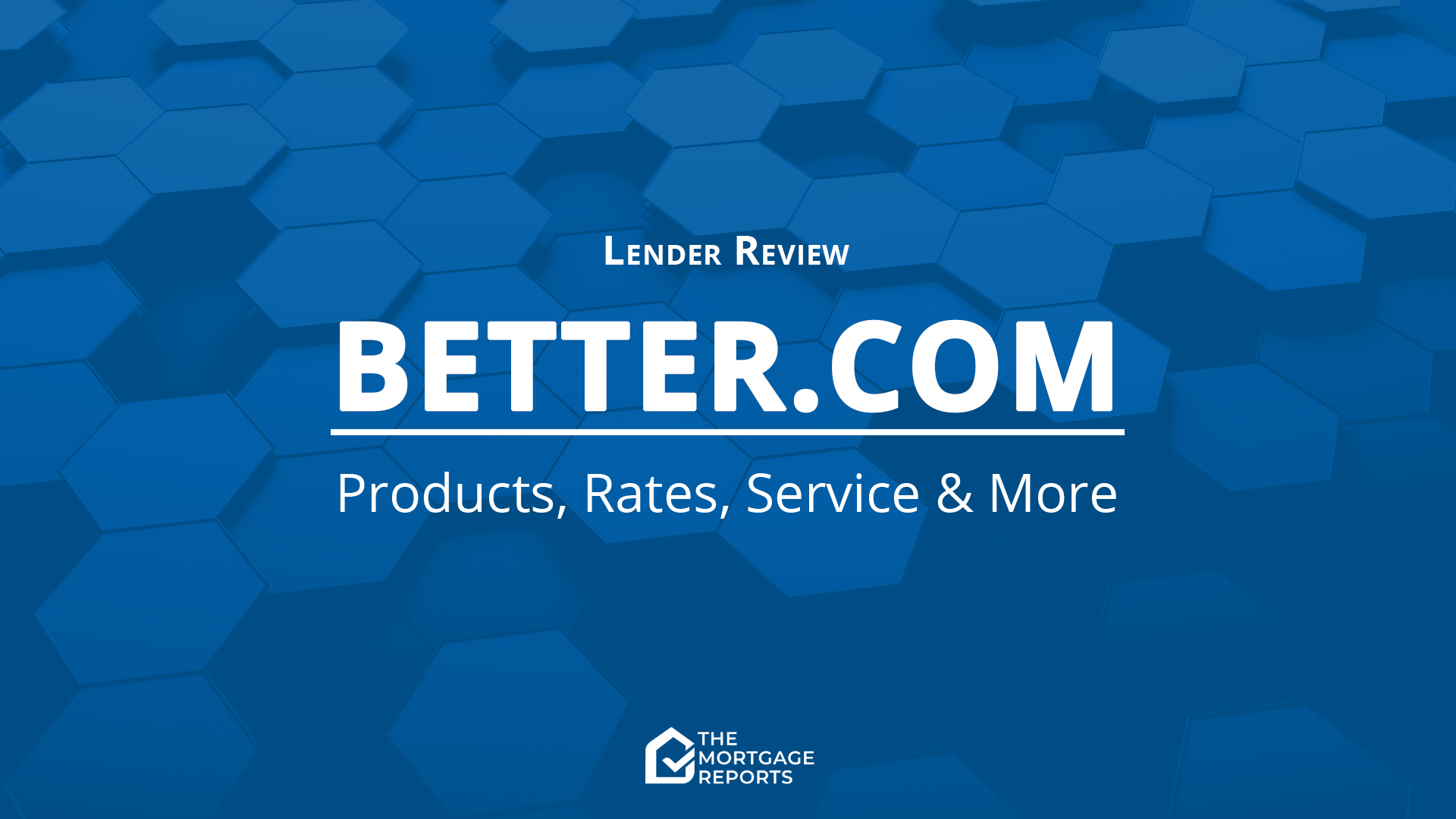If you're 62 or older and desire money to pay off your home loan, supplement your earnings, or pay for health care costs you may consider a reverse home mortgage. It allows you to convert part of the equity in your home into money without having to offer your house or pay extra monthly costs.
A reverse mortgage can utilize up the equity in your house, which means less possessions for you and your successors. If you do choose to search for one, examine the different kinds of reverse home loans, and comparison shop before you choose a specific business. Keep reading for more information about how reverse home mortgages work, receiving a reverse home mortgage, getting the finest deal for you, and how to report any scams you might see.
In a mortgage, you get a loan in which the lender pays you. Reverse home loans take part of the equity in your house and convert it into payments to you a type of advance payment on your house equity. The money you get usually is tax-free. Typically, you don't have to repay the cash for as long as you reside in your home.
In some cases that means offering the home to get money to repay the loan. There are three type of reverse home mortgages: single function reverse mortgages provided by some state and regional federal government firms, in addition to non-profits; proprietary reverse home loans personal loans; and federally-insured reverse home loans, also understood as House Equity Conversion Home Loans (HECMs). how home mortgages work.
All About How Does Two Mortgages Work
You keep the title to your house. Rather of paying monthly mortgage payments, however, you get a bear down part of your house equity. The cash you get generally is not taxable, and it usually will not impact your Social Security or Medicare benefits. When the last making it through debtor passes away, offers the home, or no longer lives in the house as a primary home, the loan needs to be paid back.
Here are some things to consider about reverse home loans:. Reverse home mortgage lenders typically charge an origination charge and other closing costs, as well as maintenance costs over the life of the home loan. Some likewise charge home loan insurance coverage premiums (for federally-insured HECMs). As you get money through your reverse home loan, interest is added onto the balance you owe every month.

A lot of reverse mortgages have variable rates, which are tied to a financial index and change with the market. Variable rate loans tend to provide you more options on how you get your cash through the reverse home loan. Some reverse home loans primarily HECMs use fixed rates, however they tend to require you to take your loan as a swelling sum at closing.
Interest on reverse home mortgages is not deductible on tax return up until the loan is settled, either partly or completely. In a reverse home mortgage, you keep the title to your house. That means you are accountable for home taxes, insurance coverage, energies, fuel, maintenance, and other expenses. And, if you don't pay your real estate tax, keep house owner's insurance, or preserve your house, the lending institution may need you to repay your loan.
Some Known Details About How Do Cash Back Mortgages Work In Canada
As an outcome, your lending institution might require a "set-aside" total up to pay your taxes and insurance coverage during the loan. The "set-aside" reduces the quantity of funds you can get in payments. You are still responsible for preserving your home. With HECM loans, if you signed the loan documentation and your partner didn't, in particular situations, your spouse may continue to live in the house even after you die if she or he pays taxes and insurance coverage, and continues to maintain the property.
Reverse home loans can consume the equity in your house, which indicates less assets for you and your successors. Many reverse mortgages have something called a "non-recourse" clause. This suggests that you, or your estate, can't owe more than the value of your home when the loan ends up being due and the house is offered.
As you consider whether a reverse home loan is best for you, also think about which of the three kinds of reverse home loan might best match your needs. are the least pricey choice - how do cash back mortgages work in canada. They're offered by some state and local federal government firms, as well as non-profit companies, however they're not available everywhere.
For example, the loan provider might say the loan might be used only to spend for house repairs, enhancements, or home taxes - how do commercial mortgages work. The majority of house owners with low or moderate income can get approved for these loans. are private loans that are backed by the companies that establish them. If you own a higher-valued house, you may get a larger loan advance from a proprietary reverse home loan.
How Do Points Work In Mortgages for Beginners
are federally-insured reverse home mortgages and are backed by the U. S. Department of Real Estate and Urban Development (HUD). HECM loans can be used for any function. HECMs and proprietary reverse home mortgages http://deanyqdg866.almoheet-travel.com/how-do-roommate-mortgages-work-truths might be more pricey than standard home loans, and the upfront costs can be high. That is necessary to consider, specifically if you plan to remain in your house for just a short time or obtain a little quantity.
In basic, the older you are, the more equity you have in your house, and the less you owe on it, the more money you can get. Before getting a HECM, you need to meet a counselor from an independent government-approved real estate counseling agency. Some lending institutions using exclusive reverse home mortgages likewise require counseling.
The therapist also must explain the possible options to a HECM like federal government and non-profit programs, or a single-purpose or proprietary reverse mortgage. The therapist likewise must be able to help you compare the expenses of various types of reverse home loans and inform you how different payment alternatives, charges, and other expenses affect the total cost of the loan in time.

Therapy firms normally charge a charge for their services, frequently around $125. This cost can be paid from the loan profits, and you can not be turned away if you can't pay for the charge. With a HECM, there typically is no specific income requirement. Nevertheless, lending institutions should perform a monetary evaluation when deciding whether to authorize and close your loan.
Getting The How Do Reverse Mortgages Work In California To Work
Based upon the results, the lender might need funds to be reserved from the loan continues to pay things like property taxes, homeowner's insurance, and flood insurance coverage (if suitable). If this is not required, you still might agree that your lending institution will pay these products. If you have a "set-aside" or you agree to have the loan provider make these payments, those amounts will be subtracted from the amount you get in loan earnings.
The HECM lets you select among several payment choices: a single dispensation choice this is only available with a fixed rate loan, and generally provides less cash than other HECM alternatives. a "term" option fixed month-to-month money advances for a specific time. a "period" option repaired month-to-month cash loan for as long as you reside in your house.
This choice restricts the amount of interest imposed on your loan, due to the fact that you owe interest on the credit that you are using. a combination of regular monthly payments and a line of credit. You might have the ability to change your payment alternative for a little charge. HECMs usually provide you larger loan advances at a lower total expense than exclusive loans do.